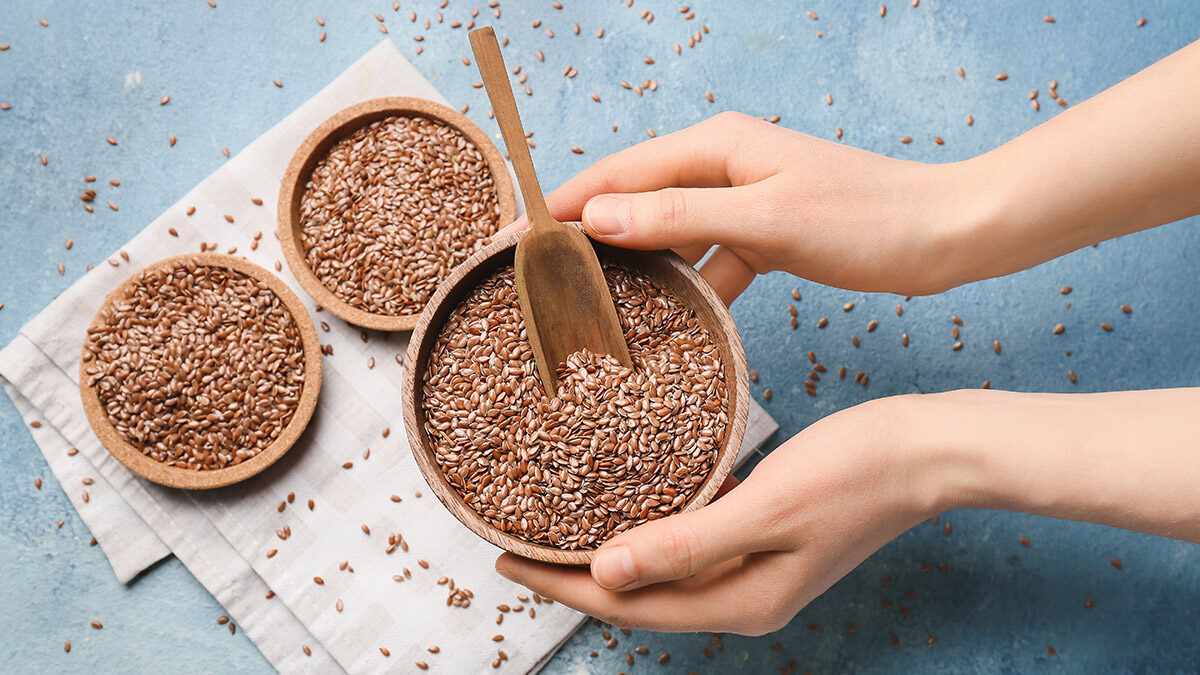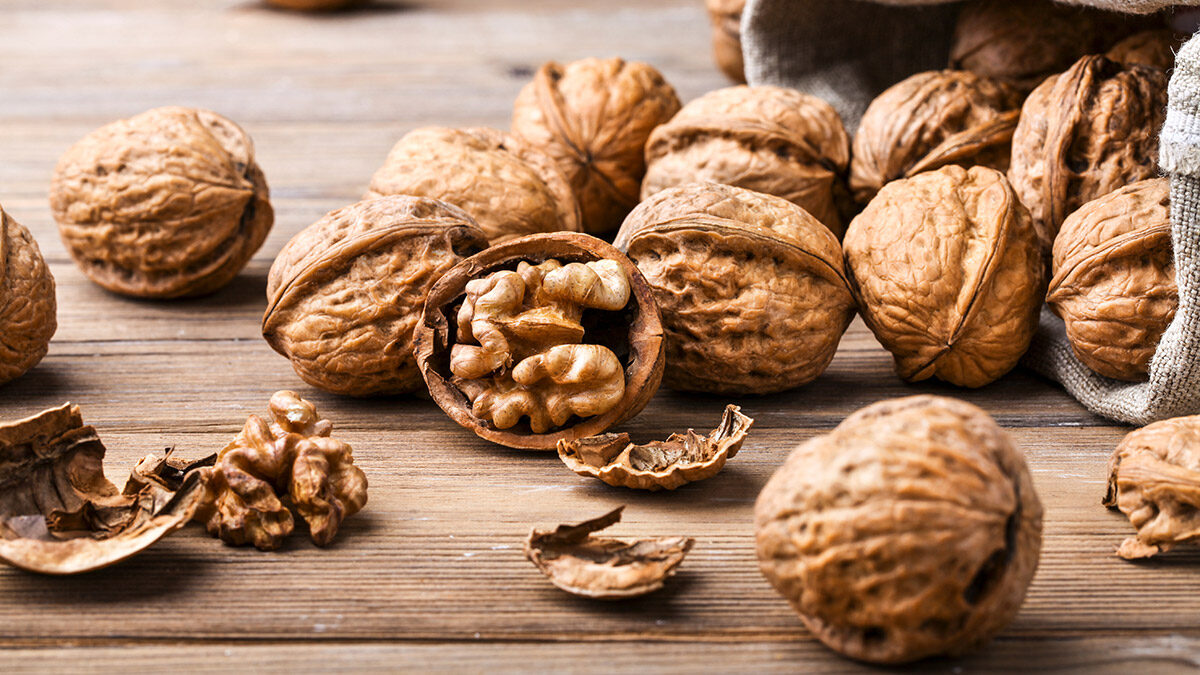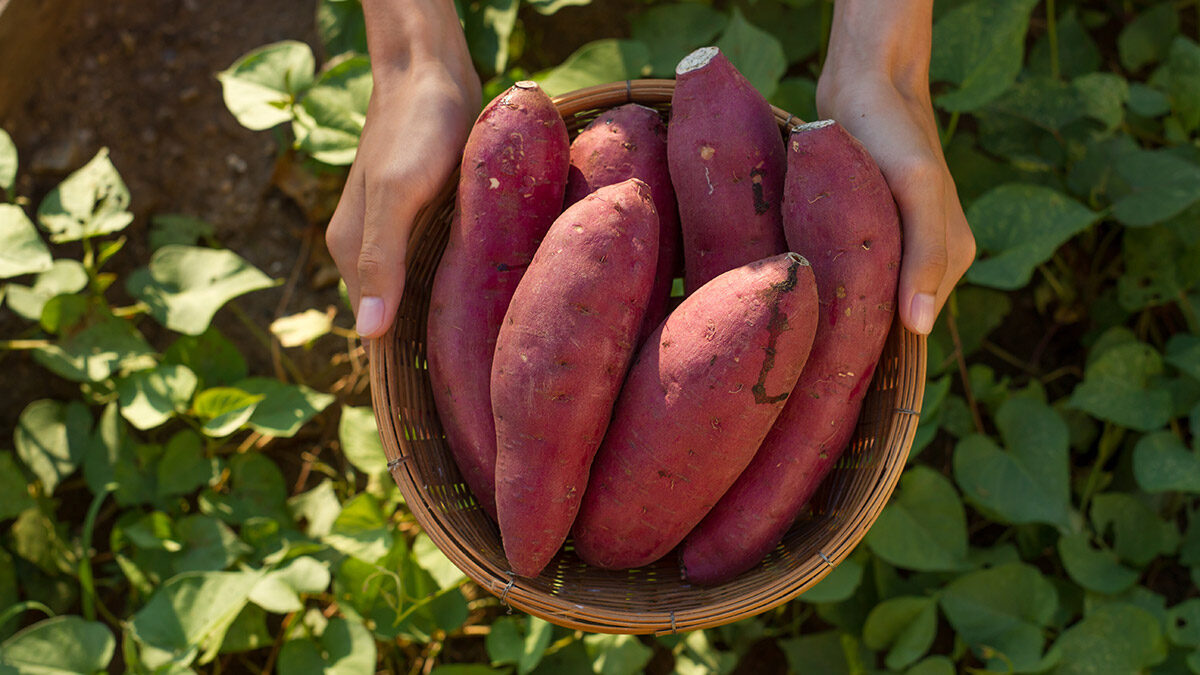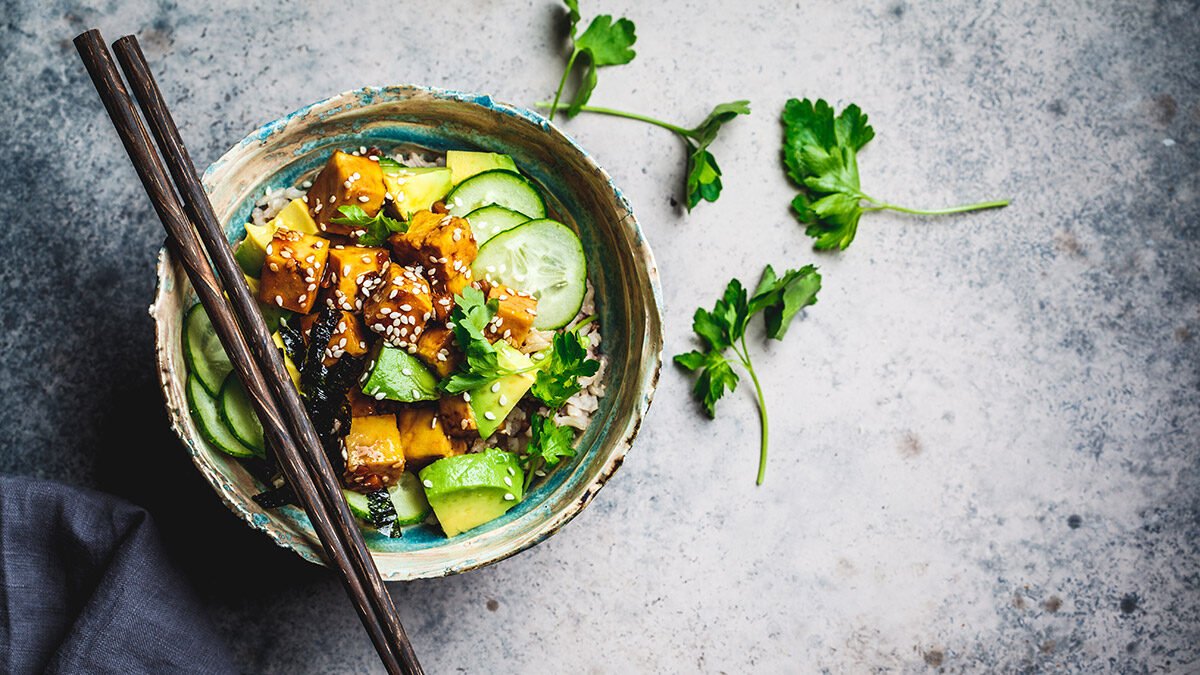What to Eat for Year-Round Glowing Skin

From brittle nails to chapped lips, winter can bring a whole host of niggling issues, but none is more tricky to remedy than dry, dull skin.
The killer combo of icy temperatures, darker days, and central heating can take its toll on our complexion, leaving many of us turning to our skincare stash for help.
But you might not need to slather on expensive serums to restore a healthy summer glow; a simple change in your diet could do the trick. As the old saying goes, ‘you are what you eat.’
Studies have found that the Mediterranean diet, which contains nutrient-rich wholefoods, fatty fish, and healthy fats, is one of the best we can plate up for banishing winter greyness.
Here are a handful of foods that can replenish, revive, and restore skin, according to an expert nutritionist.

Flaxseeds
Omega-3 fatty acids are a potent powerhouse for our overall skin health. Acting as an anti-inflammatory, these healthy fats nourish the skin from the outside in, helping to lock-in moisture and reduce redness.
The two primary types of animal-based omega-3 fatty acids are EPA (eicosapentaenoic acid) and DHA (docosahexaenoic acid). However, for those eating a plant-based diet, there’s also ALA (alpha-linolenic acid), another type of omega-3, which your body can convert to EPA and DHA.
“These fatty acids are essential to our health because our bodies cannot produce them naturally, so we need to obtain them through our diet,” explains Reema Patel, a London-based nutritionist from Dietitian Fit.
Ground flaxseeds are one of the best-known vegan sources. Not only do they contain high amounts of ALA, but flax fibre has been found to have a healing effect on the skin. Thanks to their high soluble and insoluble fibre content too, they can also help to keep our bowel movements ticking over regularly.

Walnuts
Instead of reaching for sugary sweets and crisps when the 3pm slump hits, consider opting for a desk-side snack of plain nuts instead. “Walnuts, in particular, are an excellent addition to your diet,” notes Patel. “They offer a rich source of both omega-3 and omega-6 fatty acids, which play a crucial role in maintaining the skin’s natural oil barrier, keeping the skin moisturised and supple.
“They’re also a great source of antioxidants like vitamin E,” she adds. Antioxidants play a vital role in shielding the skin from damage caused by free radicals, unstable atoms which can lead to premature aging and skin problems like wrinkles and sunspots.
As an added bonus, walnuts are also a surprisingly good source of protein, making them an excellent choice for gym-goers. A small bowl of the gnarly nuts (around 100 grams) contains an impressive 15 grams of protein, which can aid tissue repair, collagen production and protect the skin’s natural barrier.

Sweet potatoes
Delicious stirred in curries, stews, and salads, starchy sweet potatoes are a rich source of dietary fibre as well as containing an array of vitamins and minerals.
“These orange tubers are an excellent source of beta-carotene, which the body converts into vitamin A,” explains Patel. “Vitamin A is crucial for acting as a protective barrier against the harmful UV rays of the sun, reducing the risk of sunburn, dry skin, and skin cell damage.”
Researchers are increasingly exploring the importance of a healthy microbiome for overall health, and sweet potatoes play a role in supporting this. The high-fibre content promotes a balanced gut, and a well-functioning digestive system can indirectly benefit the skin. When the digestive system is in harmony, studies have found that it can help reduce inflammation and prevent irritating winter skin problems like acne, psoriasis, and eczema.
Bell peppers
“At dinnertime, pile red, orange, and yellow peppers on your plate – the more colour, the better,” urges Patel. “They’re all excellent sources of both vitamin A and C, and research has shown that consuming enough vitamin C can reduce dryness and wrinkles. This essential vitamin is also important in the production of collagen, which is a crucial structural component of the skin.”
A parched, flaky face is never fun to deal with, but going overboard with moisturisers and lotions can lead to other issues like breakouts. If you’ve noticed that your skin is drier than usual, try upping your intake of hydrating vegetables like peppers, celery, and iceberg lettuce. Because of their high water content, they can naturally help to quell dehydration and give the skin a drink from the inside out.
Adding more water-dense vegetables like peppers to your diet is easy – you can enjoy them as salad toppings, toss them into stir-fries, or pre-chop them for crunchy, vitamin-rich snacks on-the-go.

Soy
Native to East Asia, soy is a legume with a hidden skincare secret weapon: phytoestrogens. These plant compounds, like genistein and daidzein, have a firming effect on the skin.
As we age, collagen, the protein responsible for skin’s elasticity, decreases, leading to wrinkles and fine lines. Soy, with its genistein and daidzein content, can boost collagen production, reducing signs of aging and maintaining skin suppleness.
Soy’s isoflavone content offers several extra skin-boosting benefits too. “They enhance skin elasticity, support collagen production, and protect skin cells from UV damage, reducing the risk of skin cancer,” according to Patel. To get all the glow-boosting benefits of soy, opt for a diversity in your sources by adding tofu, edamame and tempeh to your fridge.
Don’t overlook supplements
While there’s no disputing that good skin comes from within, sometimes it can be helpful to support a healthy diet with supplements. This is especially true on days where we’re busy, short on time, and may be missing some key nutrients in our food.
Powered by Coll-egan®, a vegan collagen support, Form’s Radiant supplements combine scientifically-backed antioxidants, vitamins, and minerals to help you shine through every season – even the darkest days of winter. Plus, the essential vitamins in each Radiant capsule also contribute to a healthy immune system, so you can stay glowing while warding off seasonal coughs, colds and flu.


















